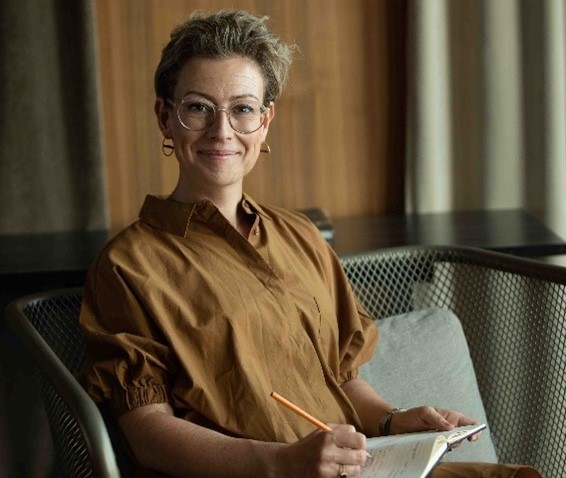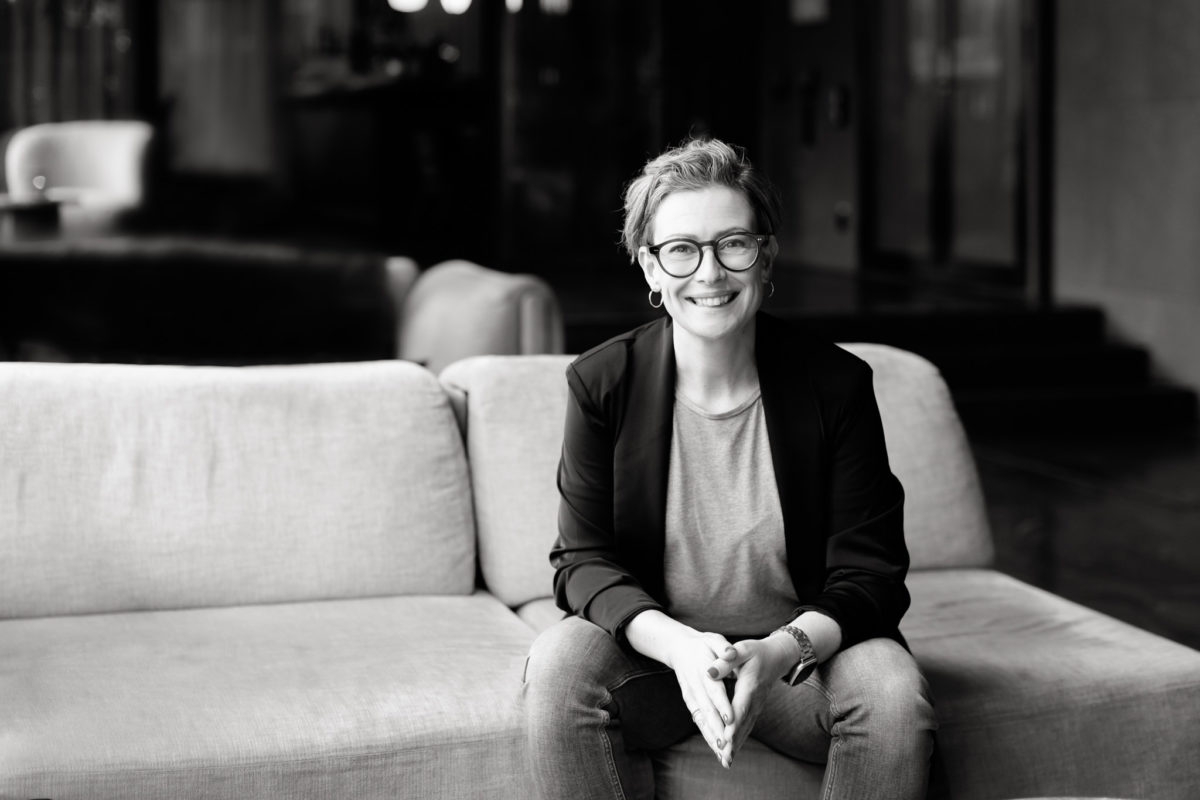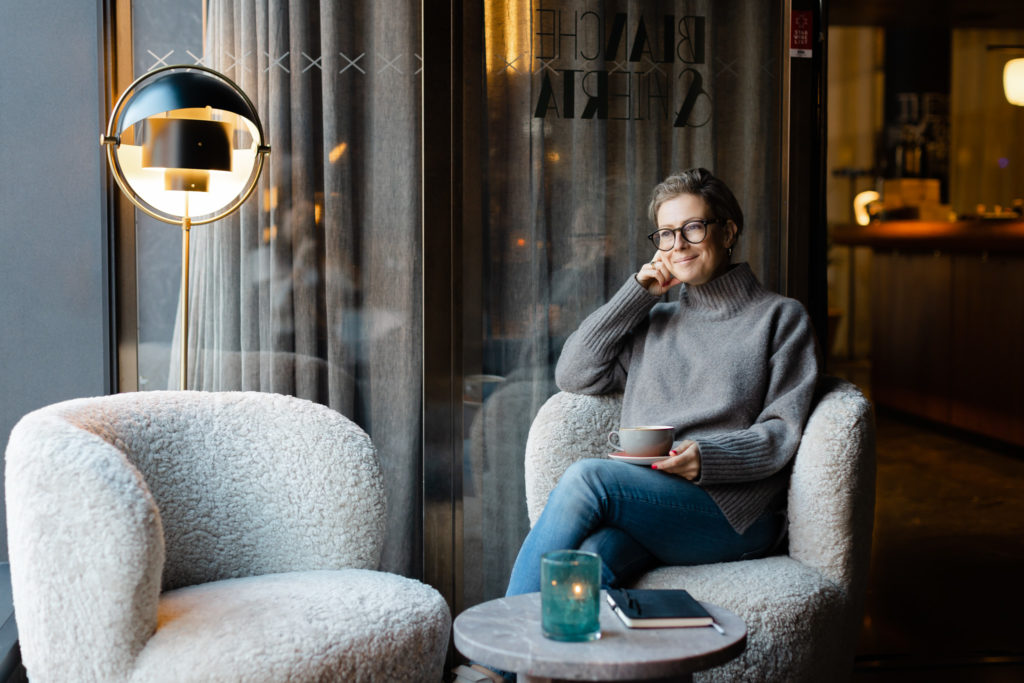 This is the time of the year when many of us stop to reflect on the year that’s gone, personally and professionally. It might be hard to fit in personal time between work projects and Christmas shopping, but hopefully the holiday period will give us some an opportunity for quality thinking.
This is the time of the year when many of us stop to reflect on the year that’s gone, personally and professionally. It might be hard to fit in personal time between work projects and Christmas shopping, but hopefully the holiday period will give us some an opportunity for quality thinking.
As with all positive habits, we need to make it as easy as possible for ourselves. Therefore, ask yourself where and how you do your best thinking?
“We do not learn from experience… we learn from reflecting on experience.” – John Dewey
I’ve always find writing the best way for me to reflect and plan. And some of my best thinking is usually done in very specific places.
First of all, I do my big thinking around things like how I want to live my life, during flights (and long train journeys). But of course, I haven’t done much of that in the past 18 months.
My second favorite place to think is in cafés, writing on napkins. That’s where I do my best career and business planning. The napkin helps because it makes it spontaneous and removes the pressure. I also love that there is limited space on the napkin – as if my ideas are too many and too big to fit on the piece of paper
Recently I’ve discovered a third place – when I’m out walking. It’s when I’m most creative and come up with good (and bad) business ideas. Until recently I always listened to a podcast or music, which is great to inspiration. But I was surprising to find how the ideas started flowing when there was silence.
Where and how do you do your best thinking?
Making it easy for ourselves and exploring where and how we get our best insights and ideas can help us make reflection into a positive habit.
Writing this made me think that perhaps I’m a Lone Wolf who doesn’t need others to reflect and come up with ideas? I definitely think the pandemic has made me more self-reliant when it comes to inspiration. But I get a lot of energy from sparring and discussing with smart, fun, and open-minded people.
And come to think about it, one of the most rewarding activities I’ve done this year is started group Walkflections here in Stockholm.
So, as I close the books for 2021, my conclusion is that I’d like to spend more time bouncing off ideas and discussing plans with some of the interesting and talented people in my network. Consider yourselves warned!
With that I would like to wish you all a restful holiday with time for reflection and interesting discussions.
This is the time of the year when many of us stop to reflect on the year that’s gone, personally and professionally. It might be hard to fit in personal time between work projects and Christmas shopping, but hopefully the holiday period will give us some an opportunity for quality thinking.
As with all positive habits, we need to make it as easy as possible for ourselves. Therefore, ask yourself where and how you do your best thinking?
“We do not learn from experience… we learn from reflecting on experience.” – John Dewey
I’ve always find writing the best way for me to reflect and plan. And some of my best thinking is usually done in very specific places.
First of all, I do my big thinking around things like how I want to live my life, during flights (and long train journeys). But of course, I haven’t done much of that in the past 18 months.
My second favorite place to think is in cafés, writing on napkins. That’s where I do my best career and business planning. The napkin helps because it makes it spontaneous and removes the pressure. I also love that there is limited space on the napkin – as if my ideas are too many and too big to fit on the piece of paper
Recently I’ve discovered a third place – when I’m out walking. It’s when I’m most creative and come up with good (and bad) business ideas. Until recently I always listened to a podcast or music, which is great to inspiration. But I was surprising to find how the ideas started flowing when there was silence.
Where and how do you do your best thinking?
Making it easy for ourselves and exploring where and how we get our best insights and ideas can help us make reflection into a positive habit.
Writing this made me think that perhaps I’m a Lone Wolf who doesn’t need others to reflect and come up with ideas? I definitely think the pandemic has made me more self-reliant when it comes to inspiration. But I get a lot of energy from sparring and discussing with smart, fun, and open-minded people.
And come to think about it, one of the most rewarding activities I’ve done this year is started group Walkflections here in Stockholm.
So, as I close the books for 2021, my conclusion is that I’d like to spend more time bouncing off ideas and discussing plans with some of the interesting and talented people in my network. Consider yourselves warned!
With that I would like to wish you all a restful holiday with time for reflection and interesting discussions.




